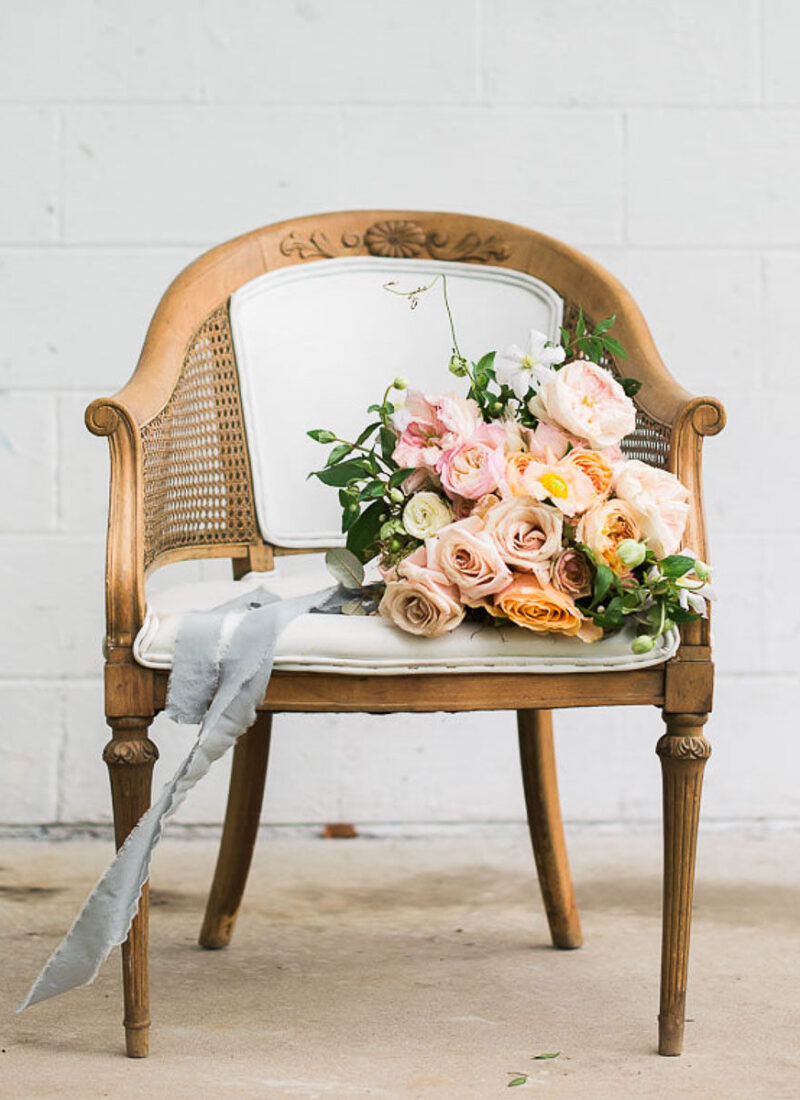When somebody you love dearly passes away, it’s natural to feel numb at first. Even so, you will sooner or later have to initiate the process of organizing their belongings and final wishes. If you’re looking for ways to cope with grief and acknowledge the importance of getting organized after losing a loved one, we have some tips that might help you get things in order. It’s not an easy time, but it helps to know that millions of people in your shoes understand what you’re going through. With death as one of the universal constants of life, everyone has the potential or likelihood of losing someone they love dearly at some point. Getting organized after losing someone is necessary to deal with that loss. Here are some tips on how to get things in order when grieving a loved one.

Take Care of Yourself
It may seem like an odd tip, but taking care of yourself is one of the most important things to do when getting organized after losing a loved one. One of the biggest problems with grief is that people don’t take care of themselves when they should. Understand that you will need time to process and deal with your feelings and that this doesn’t happen overnight. Allow yourself time to grieve and to come to terms with what has happened. When dealing with grief, it’s easy to put off doing things that are both standard parts of life and necessary for the life of a loved one who has passed away. Taking care of bills, taxes, and paperwork that you might typically put off can become even more difficult when you’re grieving. It’s important not to let these things slide.
Gather Documents and Assess What You Have
You’ll want to gather as many of the deceased person’s documents as possible, including their will, medical records, and any other paperwork they may have had. If you’re dealing with sudden death, you’ll have to decide if you want to admit the person to the hospital or if you want to have them transported to the morgue. You’ll also have to determine if you’re going to keep the deceased person at home or if you want to transport them to a funeral home for preparation for the funeral.
Assess the Possessions
After their loved one dies, many families choose to keep some or all of the deceased person’s possessions as a way of remembering them. Other times, it’s necessary to dispose of the possessions. It’s best to use discretion when deciding what to do with these items, especially if you’re dealing with a loved one who passed away due to an illness. Once you’ve gathered the information you need and decided what to do with the deceased person’s possessions, you’ll need to decide what to do with the rest of their belongings. You’ll want to go through the dead person’s things and figure out what to keep, give away, and throw away. It’s likely that you’ll have to make several trips to dispose of items or that you’ll have to hire someone to do it.
Plan for the Funeral
If you’re dealing with sudden death, you’ll probably need to talk with funeral directors as soon as you get things together to transport the deceased person. If you’re dealing with death due to illness, you may have more time to plan for the funeral, which can be a good thing. Planning for the funeral can help you get organized and keep your mind off the grief you’re feeling. It can also help you to come to terms with the death and begin to process your grief. If other people are mourning the same person’s death, planning for the funeral can be an excellent way to get everyone together so that they can support one another.
Final Resolutions
Once you’ve finished getting organized after losing a loved one, you’ll want to make sure that you close any open loops. This could include filing taxes or taking care of the deceased person’s financial obligations. It could also involve closing their social media accounts or getting in touch with people they may have left behind. When you’re grieving, it can be challenging to get your life, and yourself organized after losing a loved one. However, if you take the time to go through each step, you’ll be able to get through this challenging time and come out on the other side with your life more organized than ever before.
If you enjoyed post head over to What You Should Know Before Moving Out of Your Parent’s Home and How To Explain Your Chronic Illness To A Friend




Leave a Reply